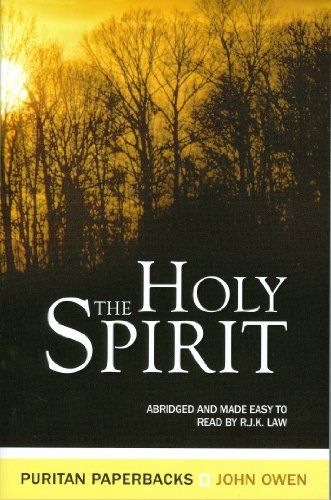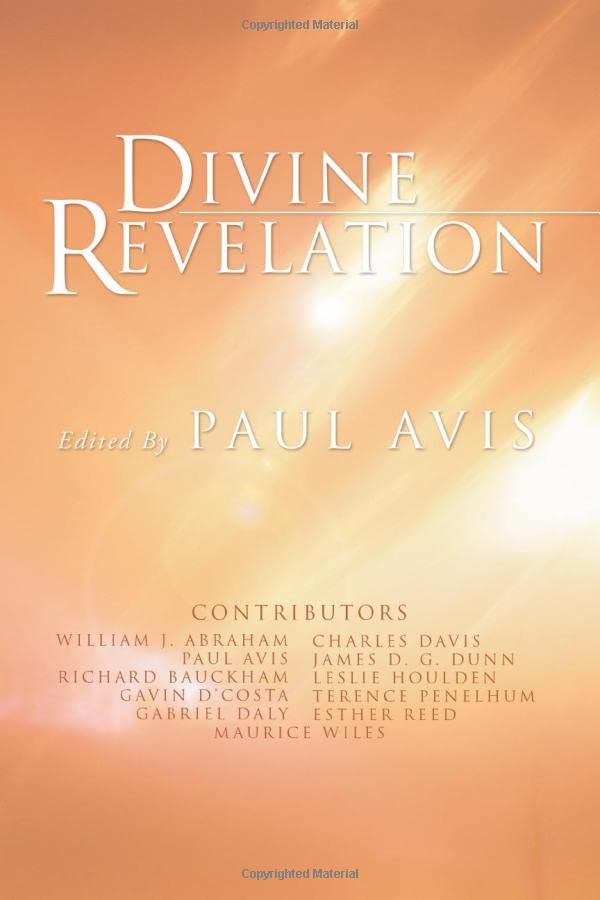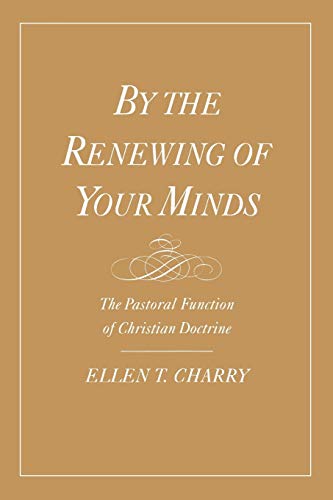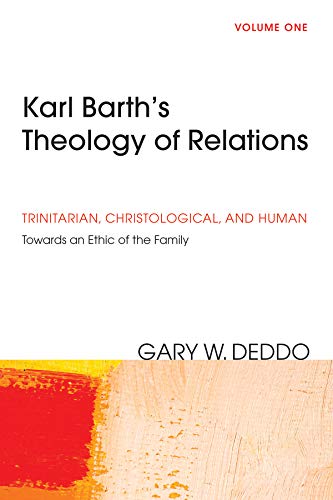Challenges to New Testament Theology
Written by Peter Balla Reviewed By Alistair I. WilsonThis revised version of the author’s University of Edinburgh PhD thesis tackles a subject that has recently come to the fore in academic circles. Several theologies of the New Testament have been published in recent years (including significant new works by Stuhlmacher, Hübner and Strecker, plus the translation of Schlatter’s two-volume work). However, the concept of ‘New Testament Theology’ has also been vigorously challenged by the Finnish scholar Heikki Räisänen, notably in his book Beyond New Testament Theology(1990).
Balla takes Räisänen as his debating partner, and, in the first chapter, he takes up discussion of whether historical investigation of the NT must be entirely detached from the theological task. In order to do this, he draws heavily on the work of W. Wrede who argues that the two approaches must indeed be entirely independent. Balla concludes that study of the NT should indeed be an historical enterprise, but that this does not mean that theology may not be studied. NT theology may examine the theological content of the NT by historical methods.
The second chapter is an examination of early Christian writings in response to the view that there was no clear distinction between orthodoxy and heresy or between canonical and non-canonical writings in the early church. Balla enters into extended conversation with W. Bauer and H. Koester, and argues that while the historian should examine all available evidence (whether ‘canonical’ or not), it is nonetheless true that valid distinctions may be made between groups or ‘trajectories’. This issue is developed in chapter three with an investigation of whether the early Christians had a ‘canon’. Balla covers a lot of ground here, from the analogy of the OT canon, through the status of the Temple Scroll at Qumran, to the genre of the NT writings.
In chapter four Balla asks, ‘What does theological diversity mean for NT theology?’. While recognising diversity in the various writings which comprise the NT, he nevertheless concludes that the kind of developmental theory proposed by F.C. Baur is untenable and must be rejected in favour of ‘a basic, creed type theology to which all those Christians adhered, whose writings are gathered in the New Testament’ (209).
In the final chapter, Balla picks up some general issues and looks at the work of several key players in the field of NT Theology, including B.S. Childs, R. Morgan, H. Hübner and P. Stuhlmacher.
This book is fundamentally a study in methodology. There is a great deal of analysis of the writings of various exegetes and theologians, but very little exegetical analysis of biblical texts (although Balla does include a few exegetical excurses in his book). The range of scholars with whom Balla interacts, and the breadth of topics covered leads to a somewhat scattered feel to the book. However, the clear table of contents allows the reader to negotiate the book relatively simply.
The publisher’s blurb on the back cover suggests that this book could serve as a textbook for courses on this subject. There is certainly a place for such a textbook, and Balla’s book has much to offer in this respect, but the substantial citations of untranslated German which pepper the text will make it hard going for most students working below doctoral level. Perhaps a future edition might provide English translations in the footnotes, or a more popular edition with the quotations in translation might be produced so that this valuable study will not be inaccessible to so many readers.
Yet, as it stands, this is a wide ranging study that contains a lot of valuable discussion of this important topic. Balla has made an important case for regarding NT Theology as a valid object of historical study.
Alistair I. Wilson
Alistair I. Wilson
Highland Theological College UHI
Dingwall, Scotland, UK







